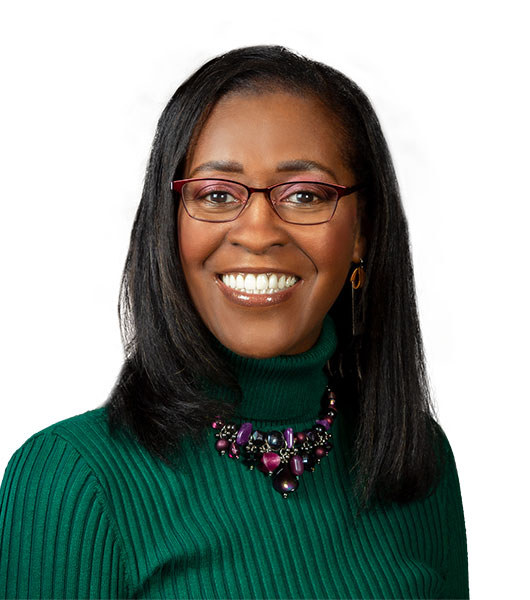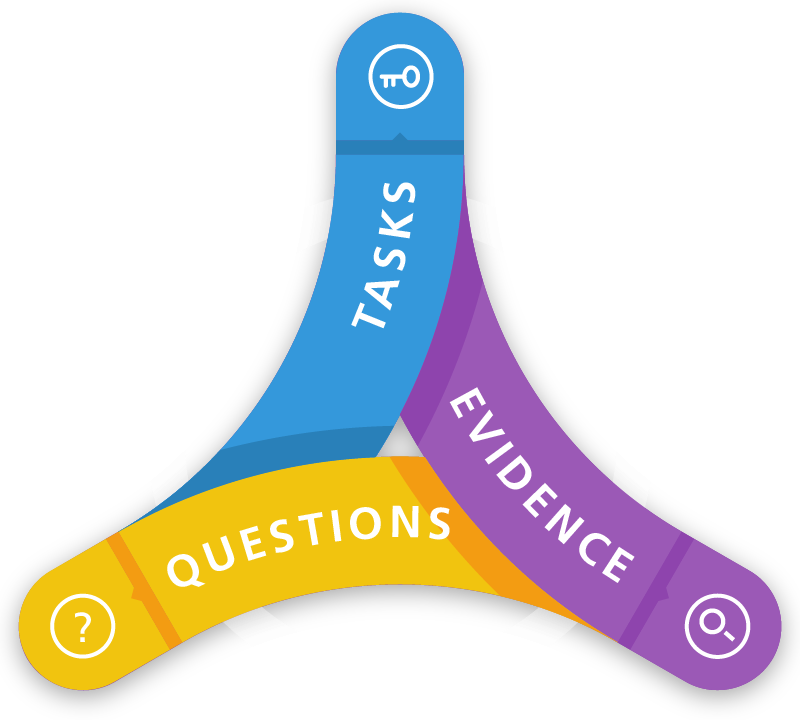Expose Mathematics Educators to Deep Content Knowledge for Empowering Students to Learn
Through DNA Mathematics’ content-based professional development, preK-12 educators understand mathematics in ways that enhance instruction and promote increased student proficiency.
Partner with us to deepen your mathematics knowledge and ensure your students succeed in your classrooms and beyond.
Why DNA Mathematics?
In our work with teachers and leaders, we emphasize three key aspects of the teacher’s role—tasks, questions, and evidence—which make up what we call the TQE Process.
Teachers who have a deep understanding of the mathematics they teach:
- Select appropriate tasks to support identified learning goals
- Facilitate productive questioning during instruction to engage students in mathematical practices and processes
- Collect and use student evidence in the formative assessment process during instruction
We help district and school leaders:
- Make informed decisions regarding types of support to enhance the effectiveness of teacher collaborative planning
- Understand mathematics for teaching, to focus on student thinking during classroom observations
- Improve their ability to guide teachers to implement rigorous math standards
We help teachers:
- Understand the math they teach
- Connect mathematical practices and mathematics content in instruction
- Implement research-based and practitioner-approved strategies to improve student achievement
Meet the DNA Mathematics Experts

Juli K. Dixon
Juli K. Dixon, PhD, is a professor of mathematics education at the University of Central Florida. An active researcher, she has also taught mathematics at the elementary, middle, and secondary levels.

Edward C. Nolan
Edward C. Nolan is a master teacher with the UTeach program at Towson University in Towson, Maryland, supporting undergraduate students seeking secondary mathematics and science education degrees.

Thomasenia Lott Adams
Thomasenia Lott Adams, PhD, a professor of mathematics education, is associate dean for research and faculty development in the College of Education at the University of Florida.


